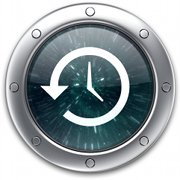My revised introduction and outline for my essay.
Brilliant writers
such as Lady Mary Chudleigh, the author of the poem “To the Ladies”, are able
to use a variety of tools including tone to emphasize specific excerpts of the
text and create a more charismatic poem. While the poem introduces women as submissive,
essentially only existing to serve men, the speaker later provides a tone of
experience from what could possibly be her own marriage, allowing her to administer advise to women. As the poem progresses the speakers tone evolves, ultimately
mocking men of their so-called power. By the end of the poem the speakers voice
encourages women to take control and be confidant in who they are by avoiding
marriage. Through her tone, Chudleigh creates a more relatable poem and is
able to empower women to be independent.
I. When
Chudleigh begins to introduce women she displays them to be nothing more than a
housemaid, seeming to have no say in the matter.
a.
“Wife and Servant are the same”
b.
When she the word obey has said, And Man by Law
supreme has made”
II. As the poem continues a different tone,
a voice somewhat insulting men, begins to unfold of
a.
“Him still must serve, him still obey, And
nothing act, and nothing say, But what her haughty Lord sees fit”
b.
“Who with all the Pow’r, has all the Wit”
III. Ultimately
Chudleigh is able to use the speakers voice and prior experience to advise
women to abstain from marriage and the control of men.
a.
“And all the fawning Flatt’rers hate:”
b.
“Value your selves, and Men despise”
c.
“You must be proud"



